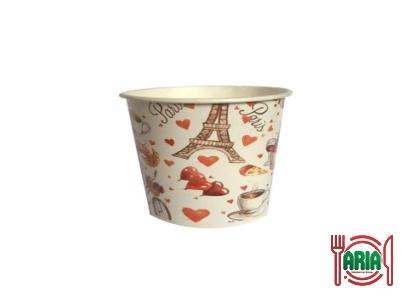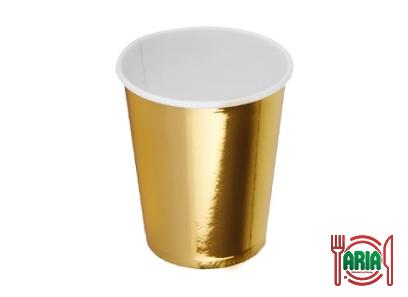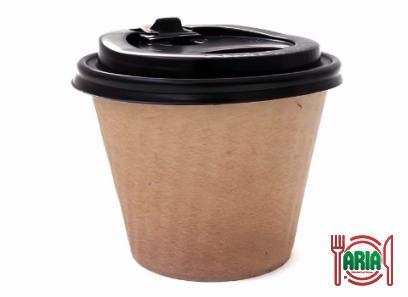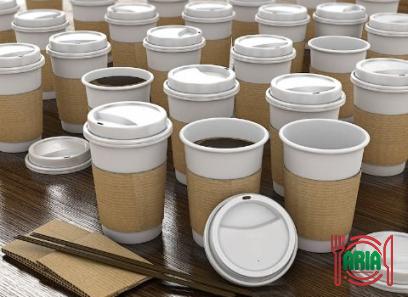One business has discovered a method that results in tasty disposable cutlery that is also kind to the environment and can be thrown away after use like plastic ones.
Forks, spoons, knives, and even straws are made from discarded avocado seeds in the Mexican company Biofase. These products are biodegradable, sustainable, and inexpensive.
In 2014, chemical engineer Scott Mungua established the company Biofase. A few years before this, he discovered that avocado seeds contain a biopolymer that is comparable to the biopolymer found in maize that is used to manufacture bioplastic.
The company’s goods comprise sixty percent avocado biopolymer and forty percent synthetic organic components; the company’s mission is to satisfy the rising demand for plastic without compromising efforts to end world hunger with their products.
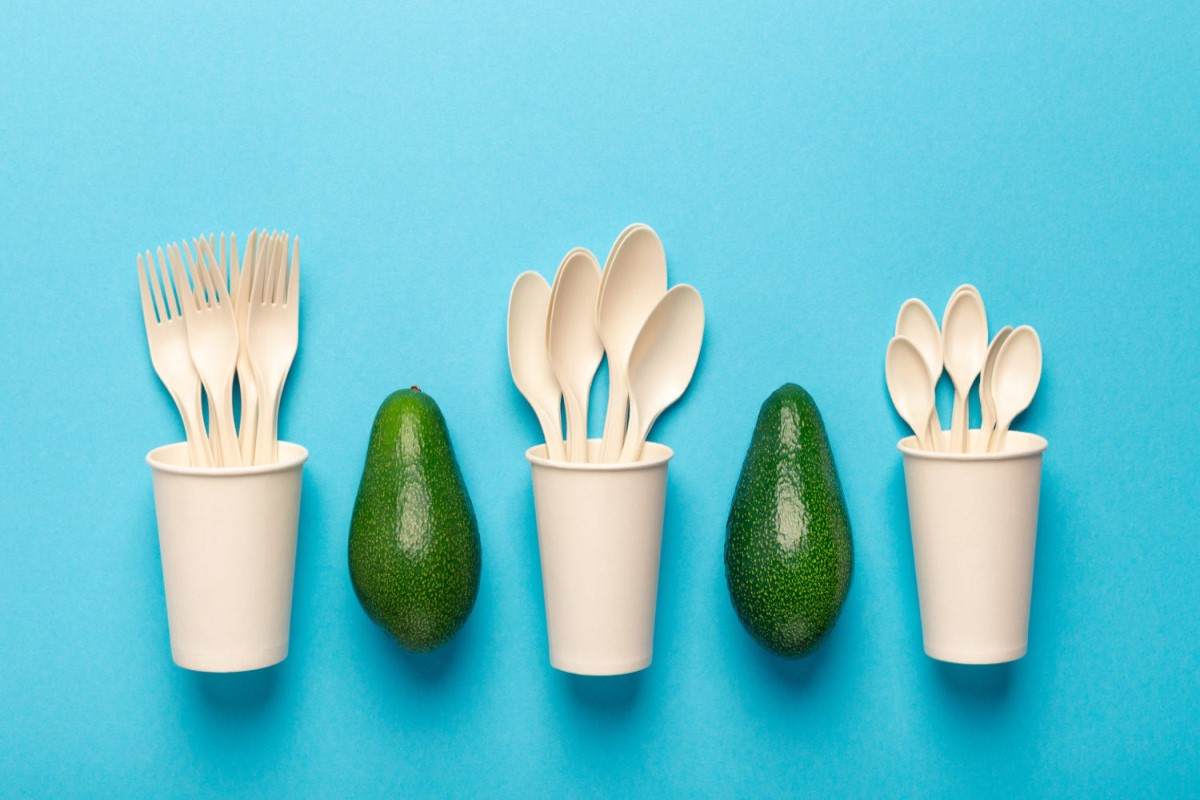
The business maintains that there is no requirement for any specialized recycling.
The avocado pits are processed using a patented method that utilizes technology to create a heat-resistant bioplastic resin.
This bioplastic resin is the first of its type that is not derived from food. The end product is in the form of a sheet that may be shaped and cut into different shapes.
Other types of bioplastics, such as those manufactured from maize, starch, or other organic ingredients, are unquestionably superior to their plastic analogs. However, the quality of each bioplastic varies greatly.
It would appear that people are gradually but definitely coming to an understanding of the devastating effects that our activities may have on the planet.
In addition, the use of plastics is one of the human race’s most significant and damaging contributions to the natural world.
Single-use plastic cutlery, which includes things like plastic bags and straws, is one of the primary contributors to the pollution that occurs in our seas and on our land.
Even while there are a lot of different steps you can take in your day-to-day life to cut down on plastic trash, there is a greater shift that has to take place.
This shift entails shifting from a linear economy to a circular economy, and some businesses are at last starting to take action.
After one year, the plastic alternative cutlery is still useable as long as it is stored in a clean and dry environment; however, after that point, it begins to biodegrade without leaving any plastic residue behind.
Avocados are one thing that Biofase can get its hands on with relative ease because its headquarters are in Mexico.
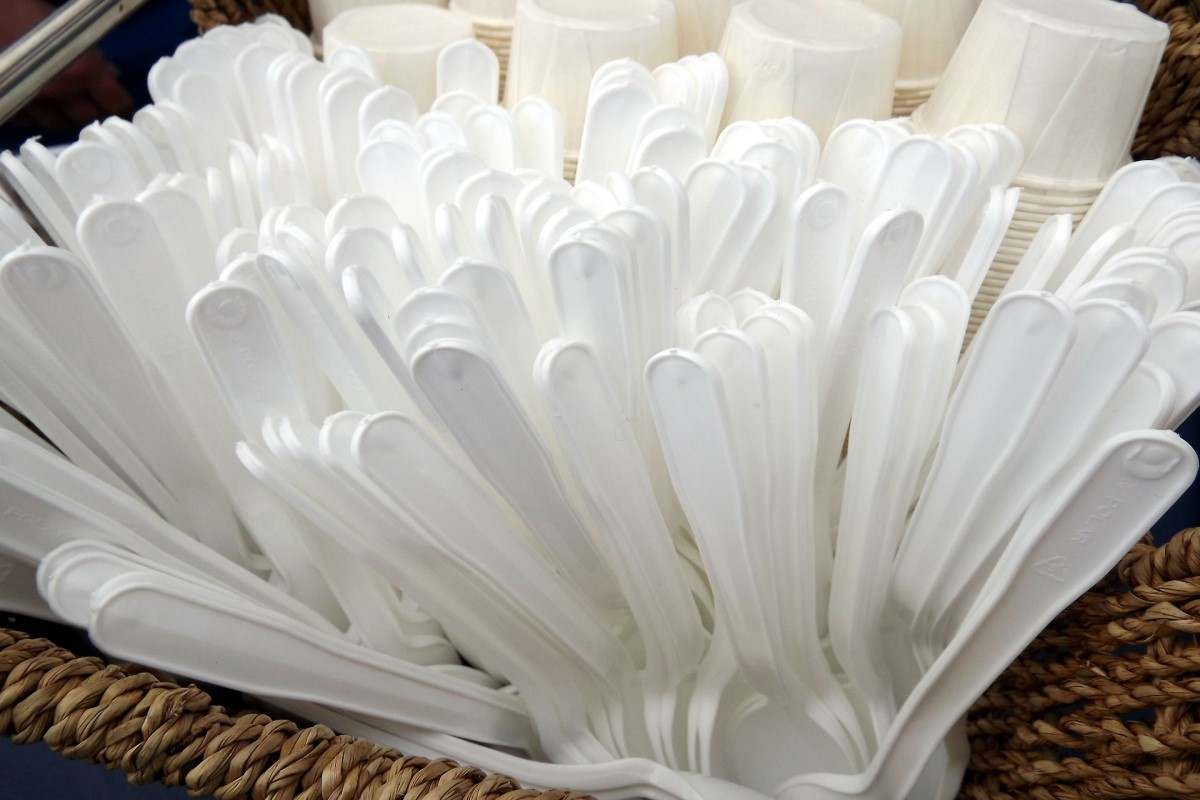
The production of avocados in Mexico accounts for almost half of the global total, which means that the country is awash in avocado pits that may be readily repurposed for another purpose.
The business offers not one but two distinct types of goods: compostable and biodegradable items.
When their useful life is finished, biodegradable items, like fruit, decompose and become part of the natural environment. The only way for compostable items to completely break down is for them to be thrown away in a compost bin.
This kind of production is not only cost-effective but also results in items that are environmentally benign because they are manufactured from materials that would otherwise be incinerated in a landfill.
It took almost a year and a half to discover the most effective approach to the production of this biodegradable cutlery made of plastic. The most difficult aspect of the project was figuring out how to mold the material into the desired form.
The huge, inedible pit that is often removed from an avocado is typically thrown away by most people once it has been effectively (and, non an ideal world, safely) extracted.
Considering that the average American consumed 8 pounds of avocados in 2018, this alone contributes to a significant amount of wasted food.
In essence, a new company has found a way to kill two birds with one stone by developing a process to convert that garbage into disposable utensils that are kinder to the environment than the traditional plastic kind.
According to Simplemost, chemical engineer Scott Mungua developed Biofase in Mexico in 2014. Biofase specializes in the production of enzymes.
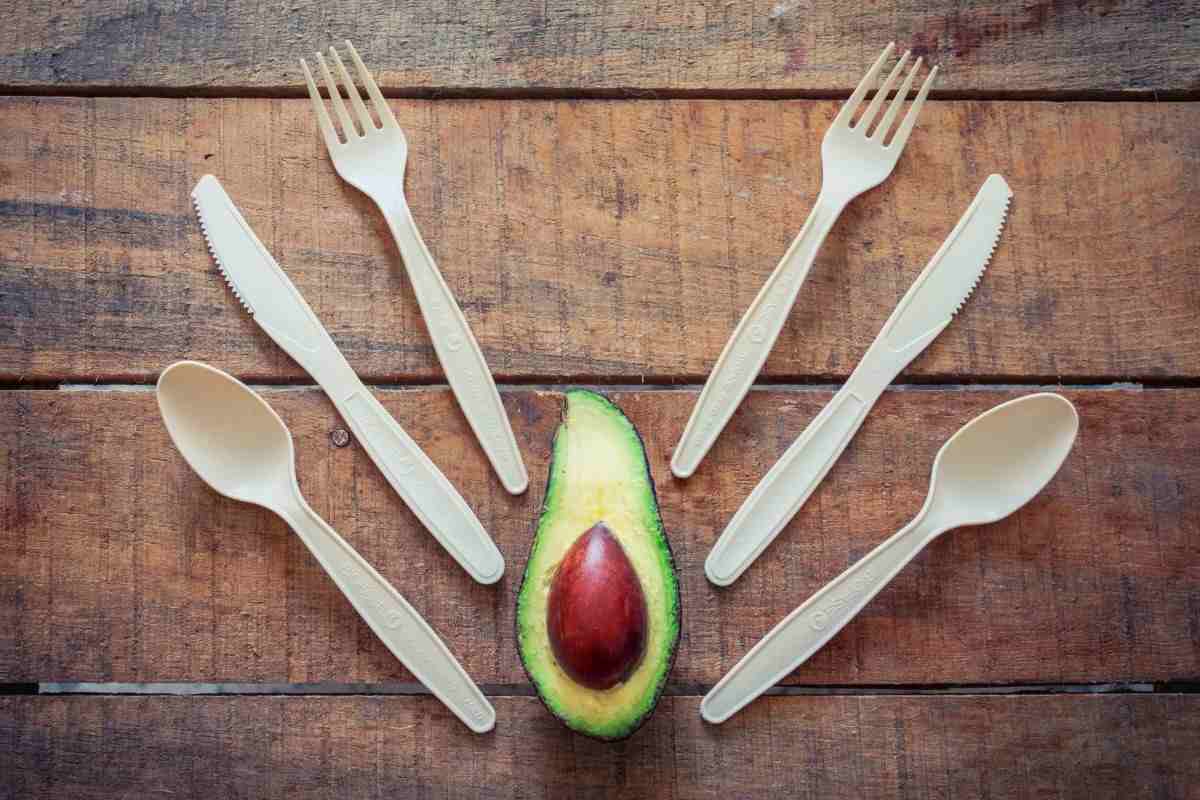
When he learned that avocado seeds contain a biopolymer, which is a biodegradable substance made by organisms that may be utilized as an alternative to plastic, he had an aha! moment.
Currently, Biofase employs a method that has been granted a patent to convert residual pits into sheets of heat-resistant bioplastic resin that can then be fashioned into cutlery.
Every month, the firm transforms around 130 tons of avocado seeds into utensils such as forks, knives, straws, and spoons. Our company can provide every kind of cutlery like avocado and other materials with the best quality and cheapest price.

